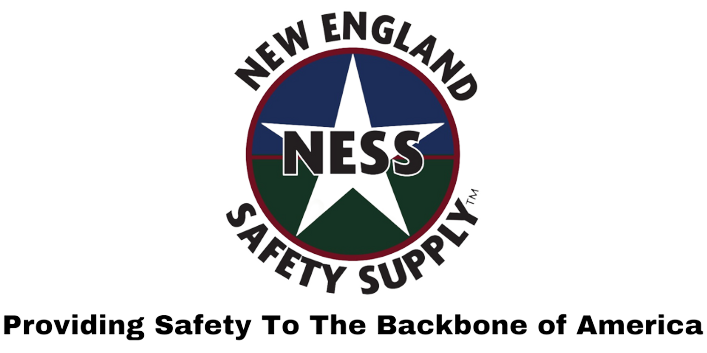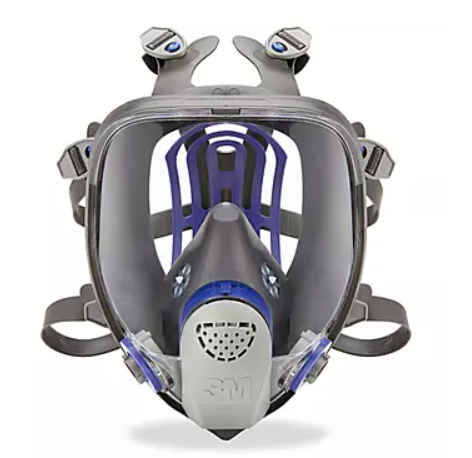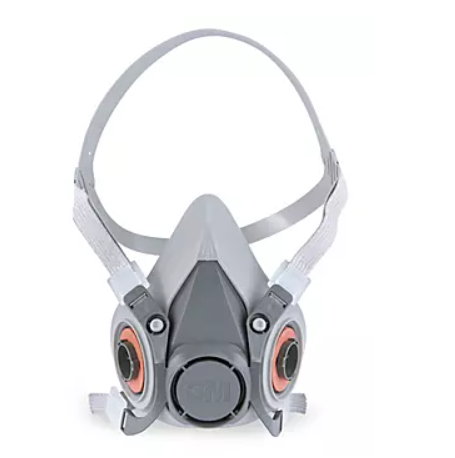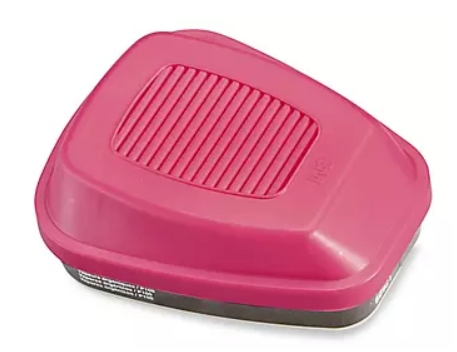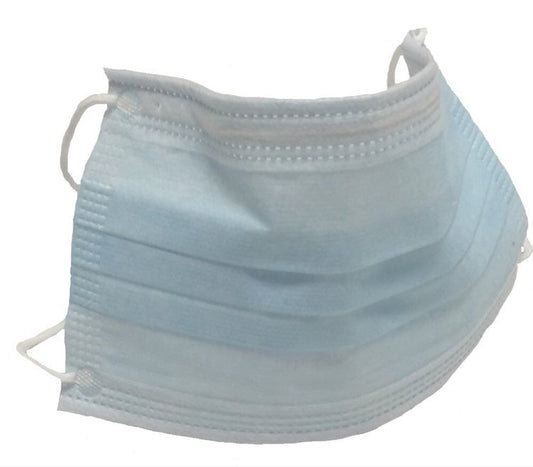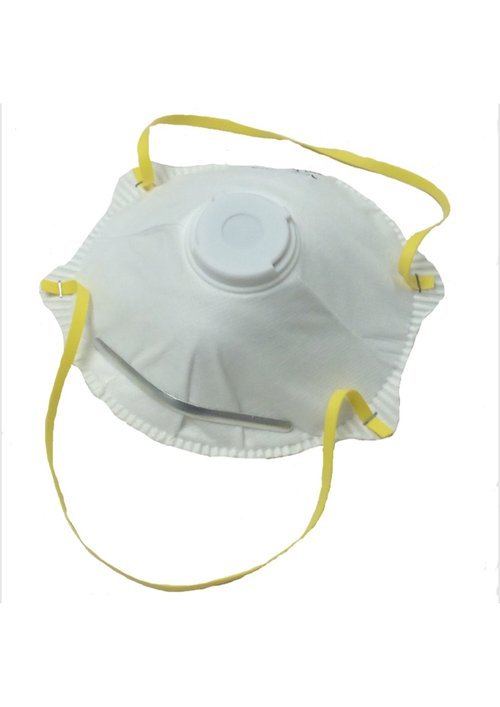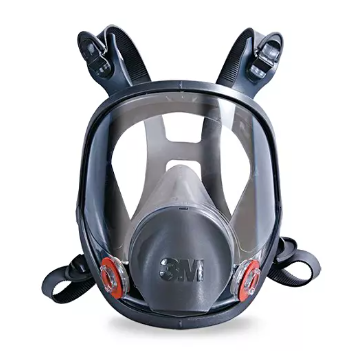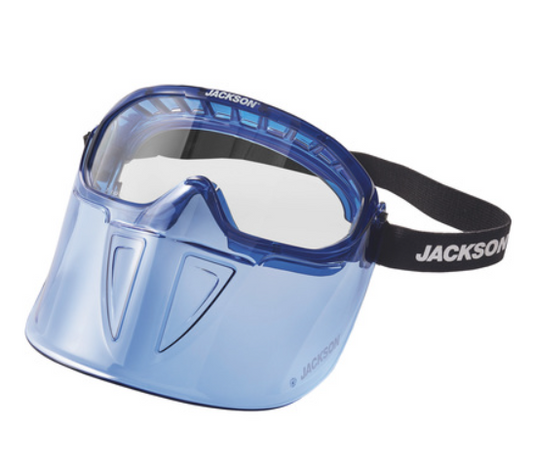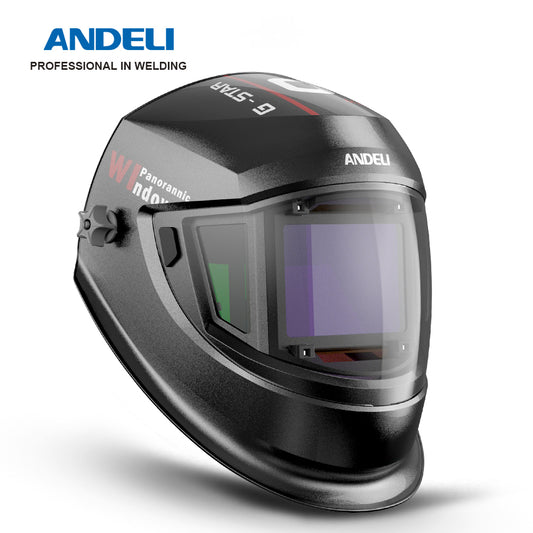Fishing is one of the oldest and most hazardous occupations in the world. Commercial fishing vessels operate in some of the harshest conditions and face numerous hazards that can cause serious injuries or fatalities. In this blog post, we will explore the most common hazards on fishing vessels and provide tips on how to prevent them.
Slips, Trips, and Falls
Slips, trips, and falls are the leading cause of accidents on fishing vessels. The deck of a fishing vessel is constantly exposed to seawater, which makes it slippery and hazardous. Crew members can easily slip, trip, or fall overboard if they are not careful. The most common causes of slips, trips, and falls include:
- Wet and slippery decks due to seawater, fish slime, or ice;
- Uneven or cluttered decks with obstacles such as fishing gear, tools, or equipment;
- Poor lighting conditions that make it difficult to see hazards;
- Wearing improper footwear, such as sandals or flip-flops, that do not provide adequate grip or protection.
To prevent slips, trips, and falls, fishing vessel operators should take the following measures:
- Keep decks clean and dry by mopping up spills and using absorbent materials like sawdust or kitty litter to soak up liquids;
- Clear decks of any obstacles and maintain a clutter-free workspace;
- Use non-slip mats or tape to provide extra grip on the deck surface;
- Provide adequate lighting to illuminate hazards and ensure that crew members can see clearly;
- Ensure that crew members wear appropriate footwear with good grip and slip resistance.
Entanglement in Fishing Gear
Fishing gear such as nets, lines, and hooks pose a significant hazard to fishing vessel crews. Crew members can easily get entangled in fishing gear, which can result in serious injuries or even death. The most common causes of entanglement include:
- Getting caught in a net or line while handling or setting gear;
- Getting snagged on a hook or fishing line while reeling in a catch;
- Accidentally stepping into a loop of line or net.
To prevent entanglement in fishing gear, fishing vessel operators should take the following measures:
- Ensure that all crew members receive proper training in handling fishing gear and are familiar with the potential hazards;
- Provide adequate personal protective equipment (PPE), including gloves and safety boots, to reduce the risk of injury;
- Use caution when handling fishing gear and always maintain a safe distance from moving machinery and equipment;
- Ensure that all gear is properly stored and secured when not in use.
Exposure to Hazardous Chemicals
Fishing vessels may use a variety of chemicals, such as cleaning agents, lubricants, and fuel, which can be hazardous to crew members' health. Exposure to these chemicals can cause a range of health problems, including skin irritation, respiratory problems, and even cancer. The most common causes of exposure to hazardous chemicals include:
- Improper handling, storage, or disposal of chemicals;
- Lack of personal protective equipment (PPE) such as gloves, eye protection, and respiratory protection;
- Failure to follow safe work practices when using chemicals.
To prevent exposure to hazardous chemicals, fishing vessel operators should take the following measures:
- Train crew members on the proper handling, storage, and disposal of chemicals;
- Provide appropriate PPE, including gloves, goggles, and respirators, to reduce the risk of exposure;
- Use less hazardous chemicals whenever possible and ensure that all chemicals are labeled and stored in appropriate containers;
- Implement a spill response plan and provide spill cleanup equipment.
Machinery Accidents
Machinery accidents are a significant hazard on fishing vessels. The use of heavy machinery and equipment, such as winches, cranes, and hydraulic systems, can result in serious injuries or fatalities if proper safety precautions are not taken.
The most common causes of machinery accidents include:
Inadequate training on how to operate machinery and equipment; Lack of proper maintenance, inspection, and repair of machinery and equipment; Failure to use appropriate personal protective equipment (PPE); Misuse of machinery and equipment; Entanglement in moving machinery or equipment.
To prevent machinery accidents, fishing vessel operators should take the following measures:
Ensure that all crew members receive proper training on how to operate and maintain machinery and equipment; Implement a regular maintenance and inspection program for all machinery and equipment; Provide appropriate PPE, such as gloves, hard hats, and safety glasses; Develop and enforce standard operating procedures for all machinery and equipment; Ensure that crew members stay clear of moving machinery and equipment.
Fishing is a challenging and hazardous occupation, and fishing vessel crews face numerous risks every day. By identifying and addressing the most common hazards, fishing vessel operators can help to reduce the risk of accidents and injuries. Proper training, personal protective equipment, and safe work practices are essential to ensuring the safety of fishing vessel crews. By taking these precautions, we can help to ensure that fishing remains a viable and sustainable industry for years to come.
 (508) 492-8975
(508) 492-8975